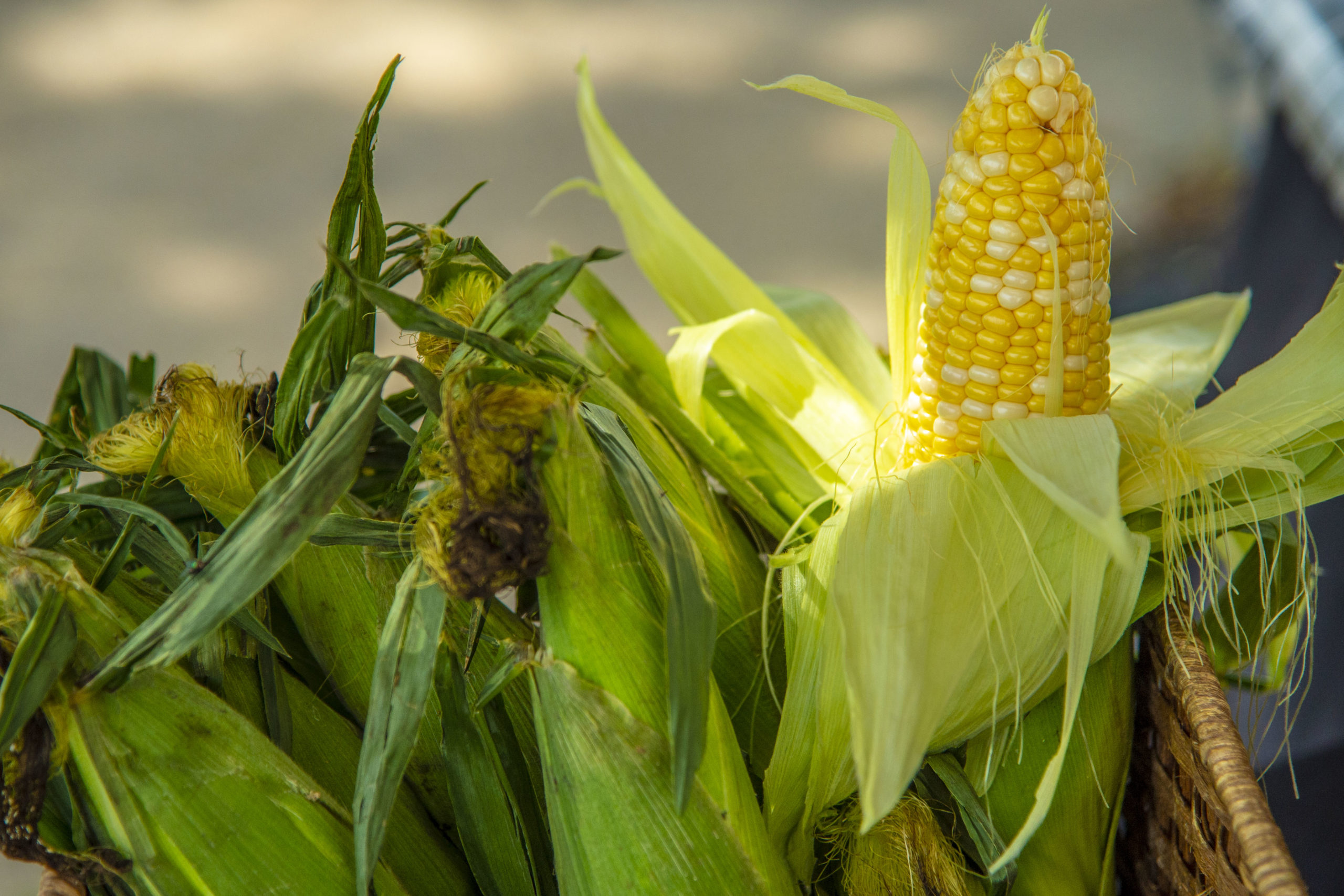
Sep 22, 2021
Workshops on organic policy to be held by OTA, ASU
The Organic Trade Association and the Swette Center for Sustainable Food Systems at Arizona State University recently announced an important partnership to chart organic’s pathway for the future.
The new partnership is launching a series of workshops bringing together a diverse coalition of stakeholders to take a no-holds-barred look at organic, and what has worked and not worked since the federal organic program began.
One of the workshops will be geared exclusively for organic farmers and farmer organizations. The grower-focused event will be held virtually 1-5 p.m. EST on December 13, and the event will be co-hosted by the Organic Farmers Association and the Organic Trade Association’s Farmers Advisory Council. Growers are encouraged to apply for registration online.
It has been 30 years since the Organic Foods Production Act (OFPA) was signed into law, and organic has made significant advancements during that time. Organic is the fastest-growing segment of U.S. agriculture, growing to a $62 billion market. Consumers are eating more organic food and using more organic products than ever before, and the accessibility and affordability of organic are increasingly within the reach of all. But there is still much to be done to ensure the continued success of the organic movement and truly achieve the gold standard in food systems.
“It was a diversity of minds that created the novel scheme that became the 1990 OFPA. It is time to reengage that original coalition of organic, consumer, and environmental organizations, and bolster it with many new stakeholders. We need everyone seated at the table to successfully plot the next 30 years of organic. Our partnership with the Organic Trade Association will enable us to solicit input on the future of organic from all communities, and our work will be stronger for it,” said Kathleen Merrigan, Executive Director of the ASU Swette Center for Sustainable Food Systems. The Swette Center is a unit of ASU’s Global Futures Laboratory and the School of Sustainability.
The workshops will look at the changing needs of organic, explore ways to improve organic, and discuss how to build upon organic’s successes.
The Organic Farmers Association is co-hosting one of the workshops with the Organic Trade Association, which will be exclusively for farmers and farming organizations, with the goal to get extensive farmer input and help pave the way for farmers to help shape the next farm bill priorities and the future of organic.
 The Organic Trade Association is the membership-based business association for organic agriculture and products in North America. OTA is the leading voice for the organic trade in the United States, representing over 9,500 organic businesses across 50 states.“Farmers were critical in creating the U.S. organic market and label, and they must be an active part of determining the future of organic. Organic Farmers Association is excited to partner with the Organic Trade Association in co-hosting a national conversation with organic farmers on these topics,” said Kate Mendenhall, Executive Director of Organic Farmers Association.
The Organic Trade Association is the membership-based business association for organic agriculture and products in North America. OTA is the leading voice for the organic trade in the United States, representing over 9,500 organic businesses across 50 states.“Farmers were critical in creating the U.S. organic market and label, and they must be an active part of determining the future of organic. Organic Farmers Association is excited to partner with the Organic Trade Association in co-hosting a national conversation with organic farmers on these topics,” said Kate Mendenhall, Executive Director of Organic Farmers Association.
The workshops will encourage frank discussions on organic. Participants are invited to bring their radical and innovative ideas to the table. The outcomes will culminate in the release of a report outlining tangible improvements to the law and regulatory process within USDA. It will help shape strategies on how to update the Organic Foods Production Act in the next farm bill. Congress has already kick-started the conversation by introducing the bipartisan Continuous Improvement and Accountability in Organic Standards Act, the first major assessment of USDA’s National Organic Program since the organic standards came into effect.
A no-holds-barred look at organic
The partnership will convene workshops that include small group breakouts to explore the scope of regulations and issues impacting today’s organic sector. The workshops will go deep on the most critical topics in food and farming, engaging diverse perspectives of all stakeholders: non-profits, farmers, marketers, and consumers. No topics will be off limits.
Central themes will include the structure of the public-private partnership where the current federal regulatory process and its impact on the voluntary organic program will be examined. The role and future of the National Organic Standards Board will be looked at. How to restructure and realign the public-private partnership to create a transparent regulatory framework providing accountability and transparency between government and stakeholders and allowing organic standards to keep pace with consumer and environmental demands will be explored.
Continuous improvement is the bedrock of organic. The workshops will explore how continuous improvement should be defined in the law and regulations, and discuss how the organic standards can be modernized to include important labor, social and emerging environmental challenges to position organic as the most sustainable, transparent and socially conscious food system. How USDA can collaborate with accredited certifiers to advance the outcomes on farms, ranches, and facilities certified to the USDA National Organic Program will be addressed
A fresh look will be taken at the accreditation, certification and enforcement of the organic standards by discussing how to improve the organic system plan, the critical document for all certified organic farms and businesses, and exploring innovative new approaches to certification and strategies to strengthen oversight through the accreditation system.
The future of marketing claims and their relationship to organic will be discussed. The questions of whether or not the USDA Organic label is still breaking through to consumers in a crowded marketplace and if the Organic seal should be updated and modernized to capture innovations and claims that are appealing to consumers will be addressed.
Workshop dates:
Oct. 27, 1-5 p.m. EST, virtual, co-hosted by the Accredited Certifiers Association for *certifiers only
Nov. 10, 1-5 p.m. EST, virtual
Dec. 13, 1-5 p.m. EST, virtual, co-hosted by the Organic Farmers Association and the Organic Trade Association’s Farmers Advisory Council for *farmers and farming organizations only
Dec. 15, 10-3 p.m. EST, in-person, Washington, D.C., *for coalition partners and national stakeholders
Space is limited in the workshops, so individuals interested in participating are encouraged to register early. Apply for registration.
https://web.cvent.com/event/2ed93c3d-7912-4fc9-b6f5-75a499e46e25/summary










